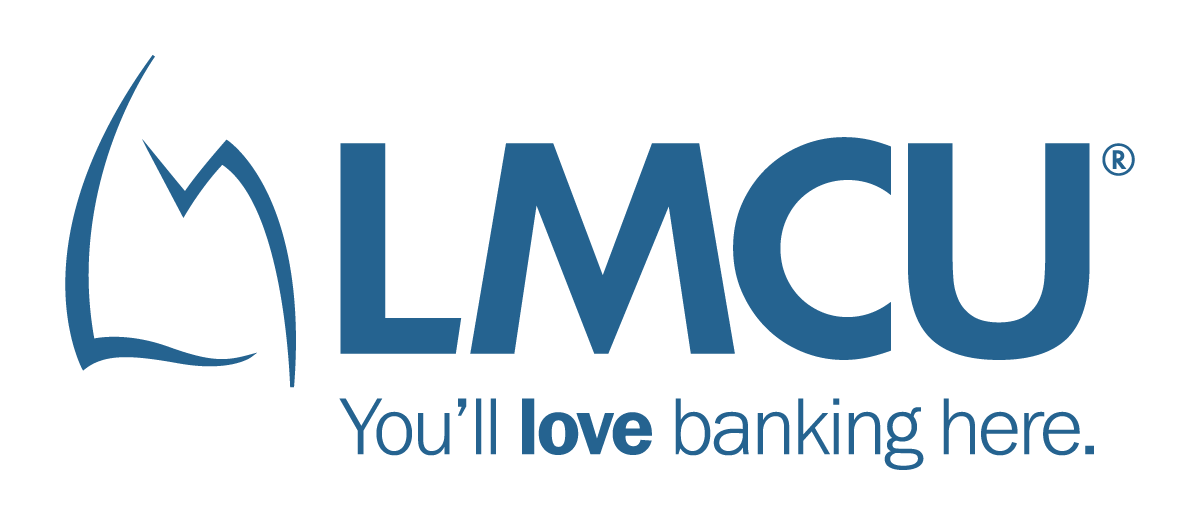Lake Michigan Credit Union Review: Checking, Savings and CDs
Many or all of the products on this page are from partners who compensate us when you click to or take an action on their website, but this does not influence our evaluations or ratings. Our opinions are our own.
Overall institution rating
4.0
Lake Michigan Credit Union is among the 20 largest credit unions nationwide and boasts solid rates and low to no monthly fees across its checking and savings accounts and certificates of deposit.
LMCU’s membership requirements aren’t as restrictive as those at many credit unions. Most people can apply for membership by contributing $5 to a nonprofit organization that LMCU supports — and residents of Florida and parts of Michigan can join without that contribution. Membership is available to residents in all states except California. New members must open and maintain a Member Savings account with at least $5. The credit union offers free access to a nationwide ATM network, but branch access is limited to two states, Michigan and Florida.
Best for: Savers who want a high-interest checking account, are unlikely to overdraw funds, and generally manage their banking online.
» Want more options? See NerdWallet’s analysis of the best savings accounts and the best checking accounts
- No monthly fees on some checking accounts.
- Competitive rates on some CDs.
- Competitive rewards checking account.
- Large, free, nationwide ATM network.
- Savings subaccounts to manage goals.
- Expensive overdraft fee.
- Low rates on some savings accounts.
- Monthly fees on some savings accounts (though they are avoidable).
- Limited branch access.
- Requirements must be met to earn strong checking rate.
Full review
Full review
Lake Michigan Credit Union
Checking
Lake Michigan Credit Union Max Checking
4.7
/54.7
/5Monthly fee
$0
APY
3.00%
With $0 min. balance for APY
Monthly fee
$0
APY
3.00%
With $0 min. balance for APY
Bonus
N/A
Show details
Lake Michigan Credit Union’s Max Checking account has no monthly fees or no minimum balance and has a rate of 3.00% APY on balances up to $15,000, provided certain conditions are met. To earn the Max Checking rate, you must meet four requirements each month:
Receive at least one direct deposit.
Make at least 10 LMCU debit or credit card transactions.
Log into online banking at least four times.
Receive electronic statements.
Keep in mind, however, that the account’s overdraft fee is $30 and there’s no limit to the number of times the bank can charge it.
Certificates of deposit
Lake Michigan Credit Union Certificate of Deposit
3.9
/53.9
/51-year APY
3.20%
3-year APY
3.25%
1-year APY
3.20%
3-year APY
3.25%
5-year APY
3.35%
Minimum deposit
$500
Show details
Lake Michigan Credit Union has a wide range of CDs, normally called share certificates at a credit union. Terms stretch from three months to five years and the minimum deposit requirement of $500 is low. But not all of its CD rates are competitive.
» COMPARE: Best CD rates
Methodology
NerdWallet’s overall ratings for banks and credit unions are weighted averages of several categories: checking, savings, certificates of deposit or credit union share certificates, banking experience and overdraft fees. Factors we consider, depending on the category, include rates and fees, ATM and branch access, account features and limits, user-facing technology, customer service and innovation. The stars represent ratings from poor (one star) to excellent (five stars). The ratings are incremented in tenths of a star.
